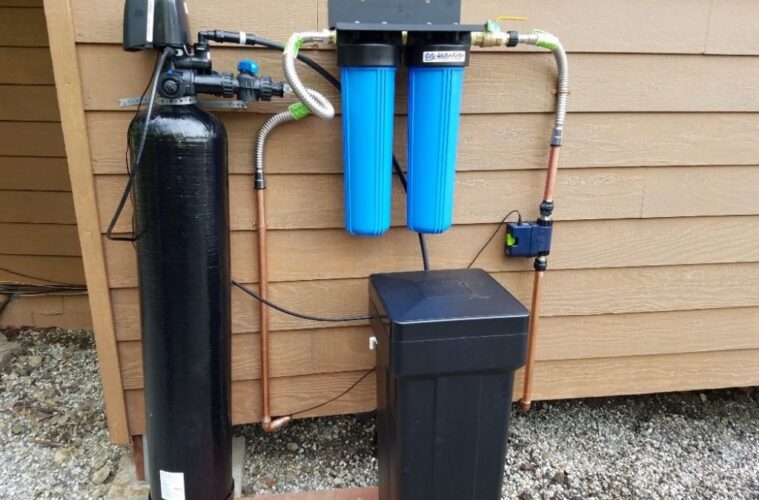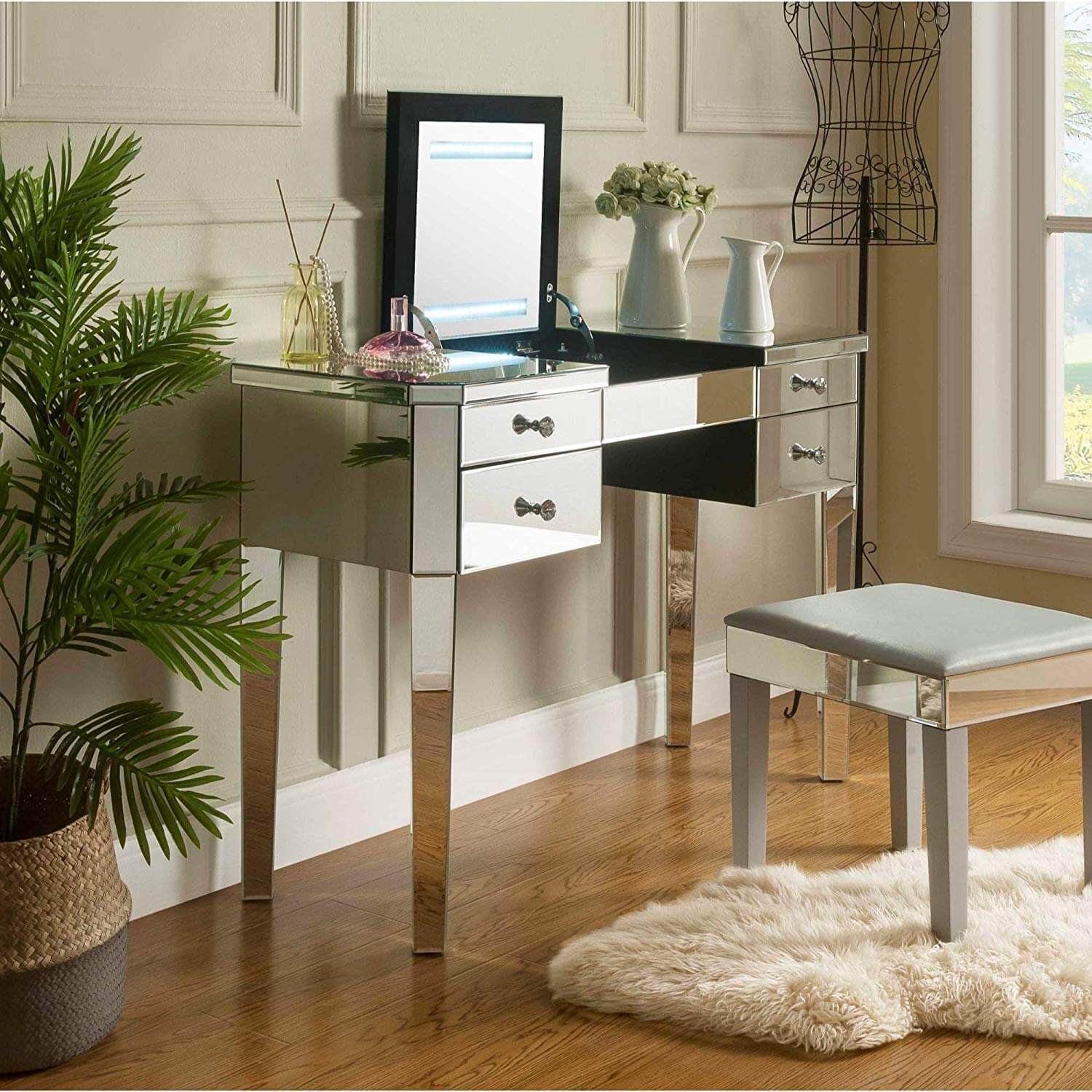Water softeners are getting more popular as the years go by. Water softening is both praised and criticized. Homes that benefit a lot from using this system have all good things to say about water softening units. But environmentalists and water-dependent businesses (like farmers) protest the negative after-effects of these products.
But what are water softeners for? And do they really do a good job? Does having one really benefit you and your household? Let’s tackle these issues. A recent blog post by WaterFiltersAdvisor discusses water softener benefits for your home and numerous features
What are Salt-Based Water Softeners?
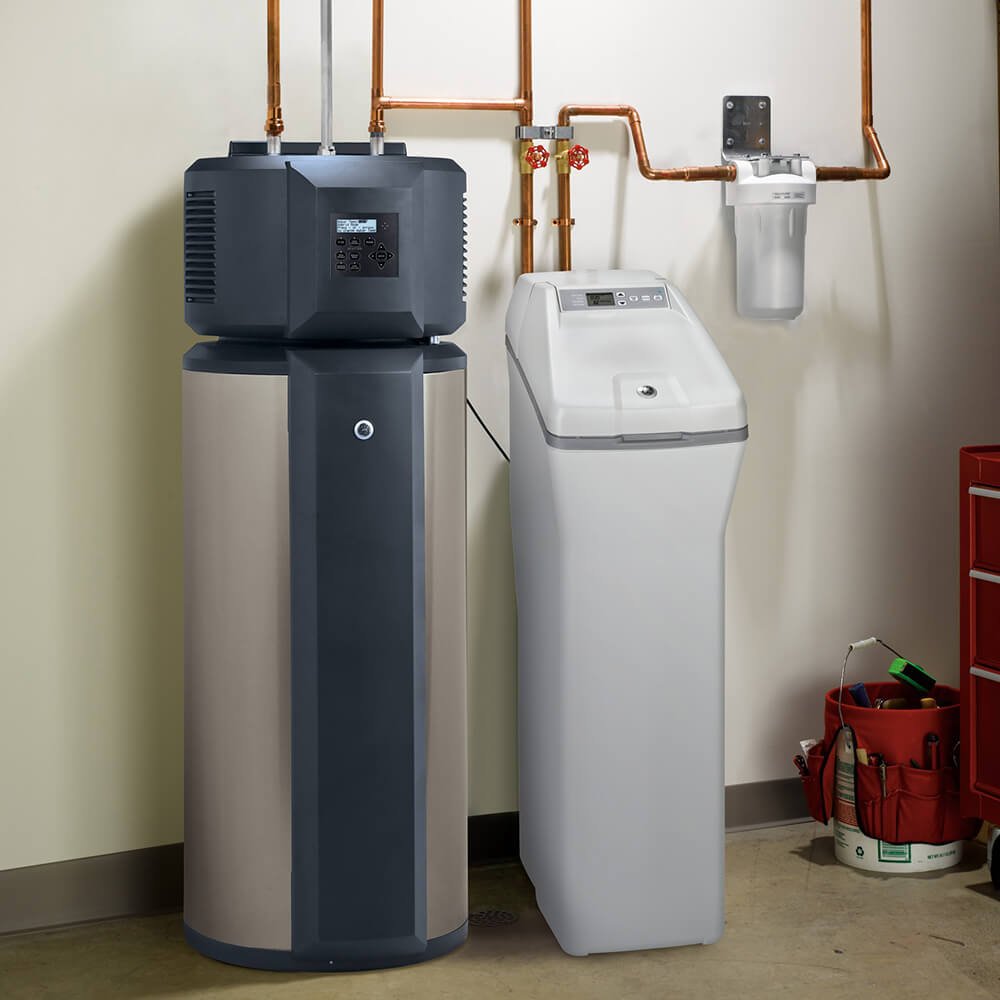
Water softeners work to treat hard water in areas where water quality is not optimum. Water quality would be considered poor when there are hardness minerals like calcium, magnesium, silica, and more.
You may ask, why would some homes have hard water? Because it depends where you live. Water quality differs between communities and homes. You may get water from your municipality. Sometimes you may get it from your private well. But both of these have hardness minerals that groundwater flows right into your home.
Where do the hardness minerals come from? These come from dissolves rocks like limestone. They also come from dissolved metals found in water like iron.
That’s where a water softener comes in. Through its process called ion exchange, a water softener removes those hardness minerals to replace them with sodium ions. The byproduct is soft water you can safely and efficiently use at home. We say “efficiently” because hard water is not efficient for home consumption. It causes a lot of buildup in your pipes and affects your water-drawing appliances.
How do Water Softeners Benefit You?
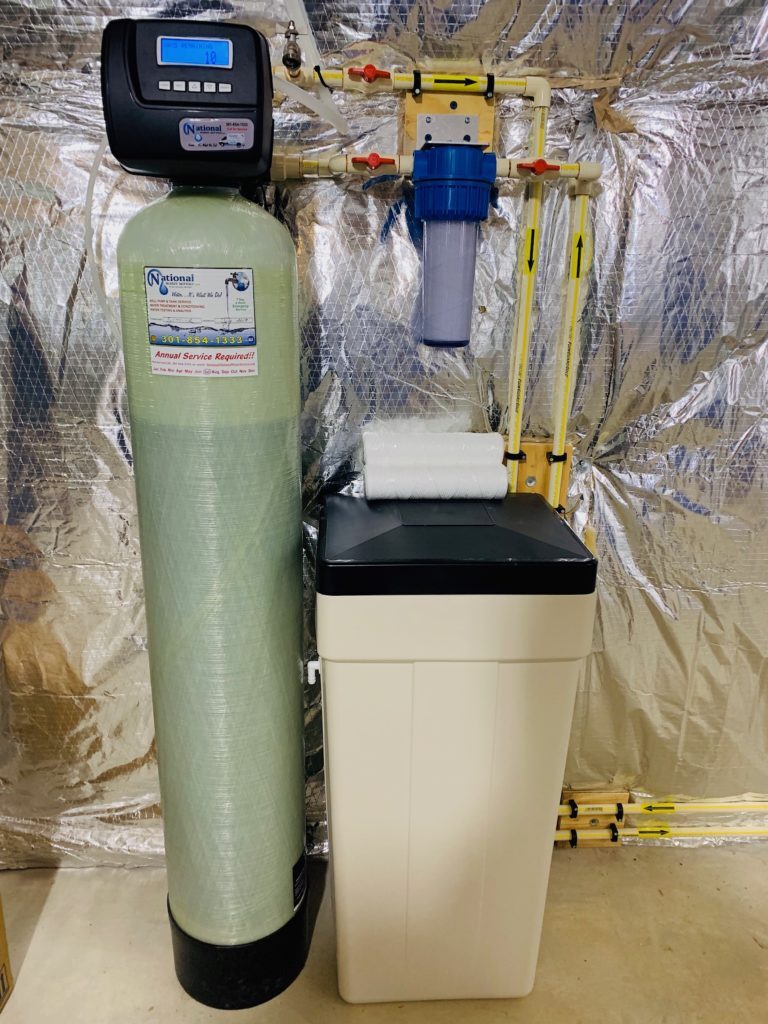
Some benefits have just been mentioned above but let’s list them all here below.
Water softeners clear your pipes from scale buildup enabling water to freely flow into your house pipe system.
Softeners protect and extend the life of your water pipes.
Water softeners extend the life of your water-drawing appliances like washing machines, dryers, coffee makers, kettles, and more.
Softeners remove dissolved metals giving you safer water to drink and use for food preparations.
Water softeners improve the taste of your water.
Softening units will have you using less shampoo and soap to shower and to clean clothes and dishes. Therefore, it will save you money in the process.
What are the Drawbacks to Having Water Softeners in Your Home?
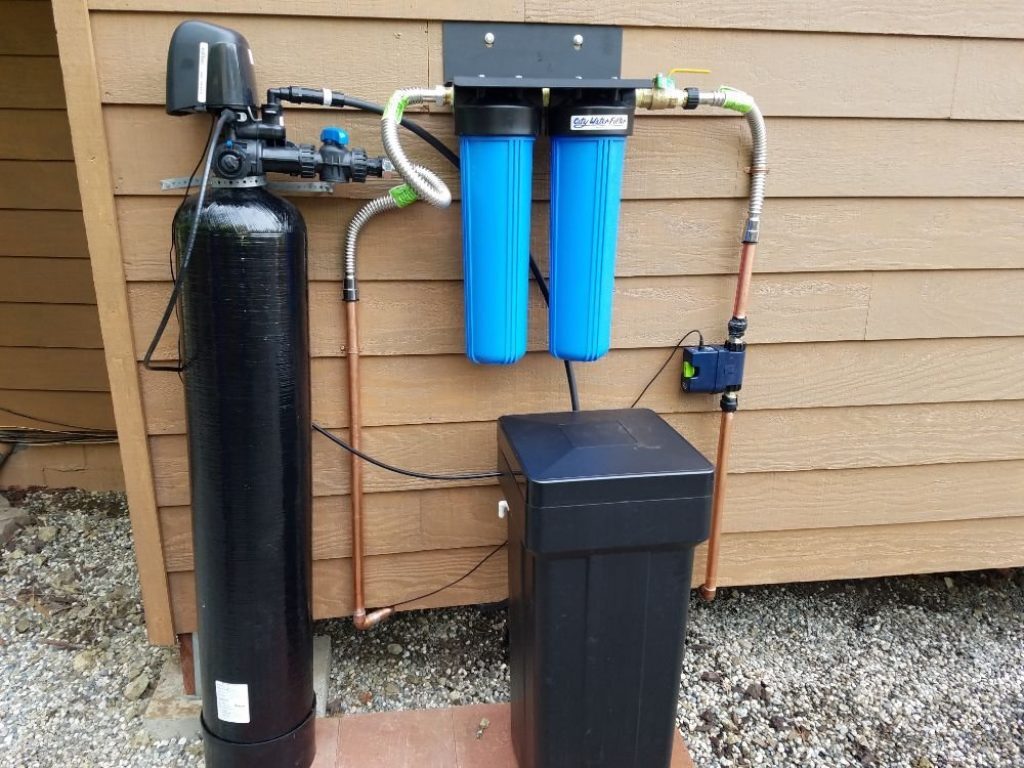
There are some negative aspects of having a water softener. Here are some:
The unit and maintenance costs can be costly. It depends on what unit you’ll be getting but costs can range from expensive to a whole lot expensive.
There is a salt brine discharge that can affect the environment.
Water softeners will not disinfect your tap water. If you’re after highly improving the quality and safety of your drinking water, you will need a dedicated water purification system in addition to a water softener.
Water softeners can increase sodium intake. Since it is salt based, it may increase your consumption of sodium when it is used for cooking and drinking. This may not be good for people who must follow a low-sodium diet.
What do Critics say About Water Softeners?
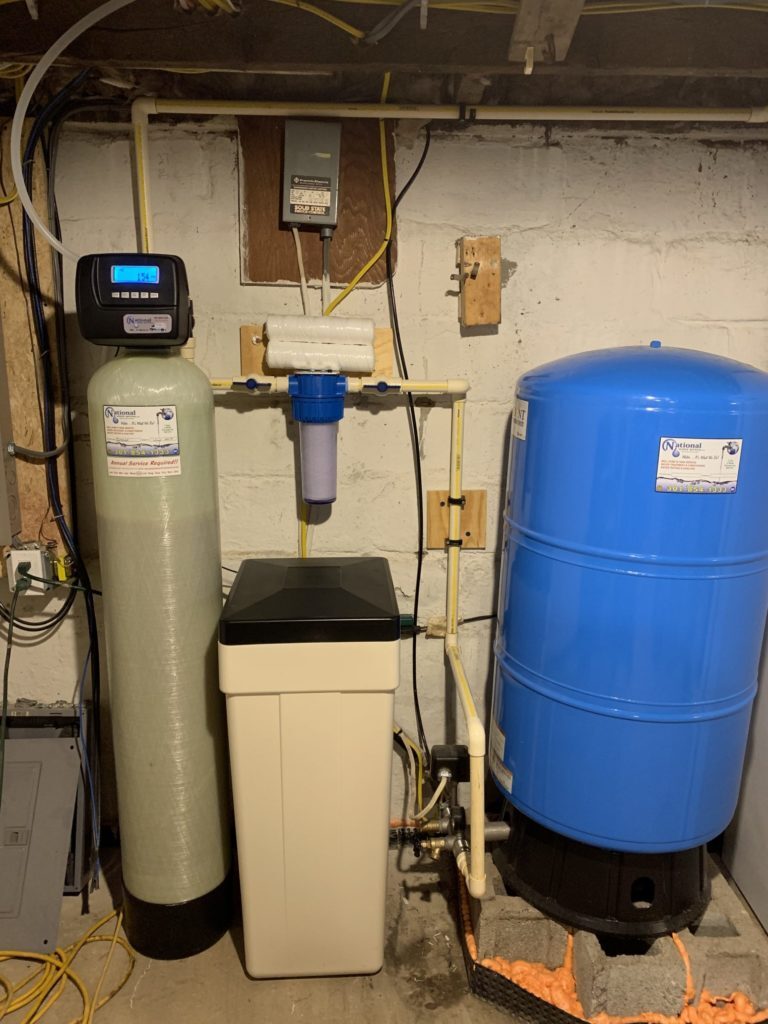
Not everyone is charmed by the benefits of water softeners. Did you know that the state of California has authorized the local agencies to impose a ban on water softeners if officials deem that the move will protect water quality in their county or community? Santa Clarita was the first among state municipalities to ban water softeners back in 2008.
Why? You may ask. What issues do critics have against water softeners? Here are some of those reasons.
A traditional water softener is salt based. And it is not eco-friendly. As the softener unit treats hard water through ion exchange, salt brine water is accumulated. Probably hundreds of gallons are discharged down the drain weekly. And these find their way back into waterways, even groundwater basins, and wastewaters.
Salt-based water softeners which produce chloride in water are a contaminate because they affect water supplies.
Some farmers protest against water softeners because the sodium discharge tends to damage their crops.
What are Alternatives to Salt-Based Water Softeners?
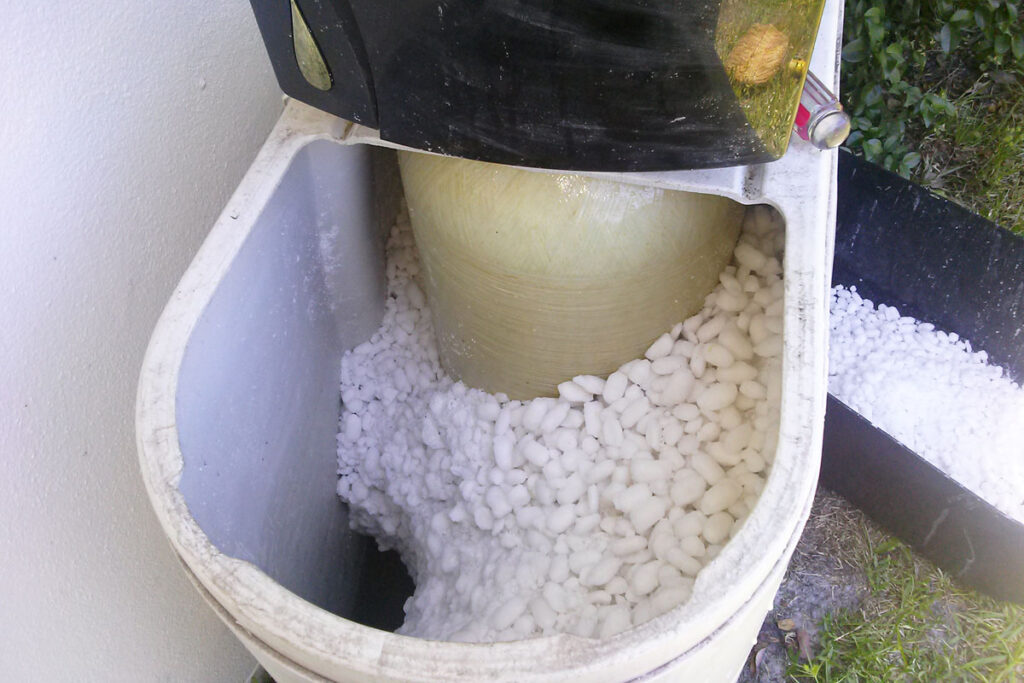
If you’re one of those who want the benefits of salt-based water softeners but through a more environmentally friendly way, here are some alternatives:
Choose water-conserving water softeners. States like Texas allow these types. Because these regenerate upon demand. They are more efficient. They don’t automate on a schedule. So there is water conservation with these types of water softener units.
Choose a portable ion-exchange service. With this type, you request a fresh tank of ion exchange resin to your location. The service hooks it up to soften the water in your home. Then when the tank is already spent, (meaning, it can no longer soften your hard water) you call and request a replacement tank. The company then comes to retrieve the old tank and regenerate it at a special facility under controlled conditions.
Choose water conditioners instead. Water conditioners work the same way as water softeners do but without the salt. There’s no salt brine discharge whatsoever. Using one in your home won’t cause you to add chloride to the environment.
Do you Need a Water Softener in Your Home?
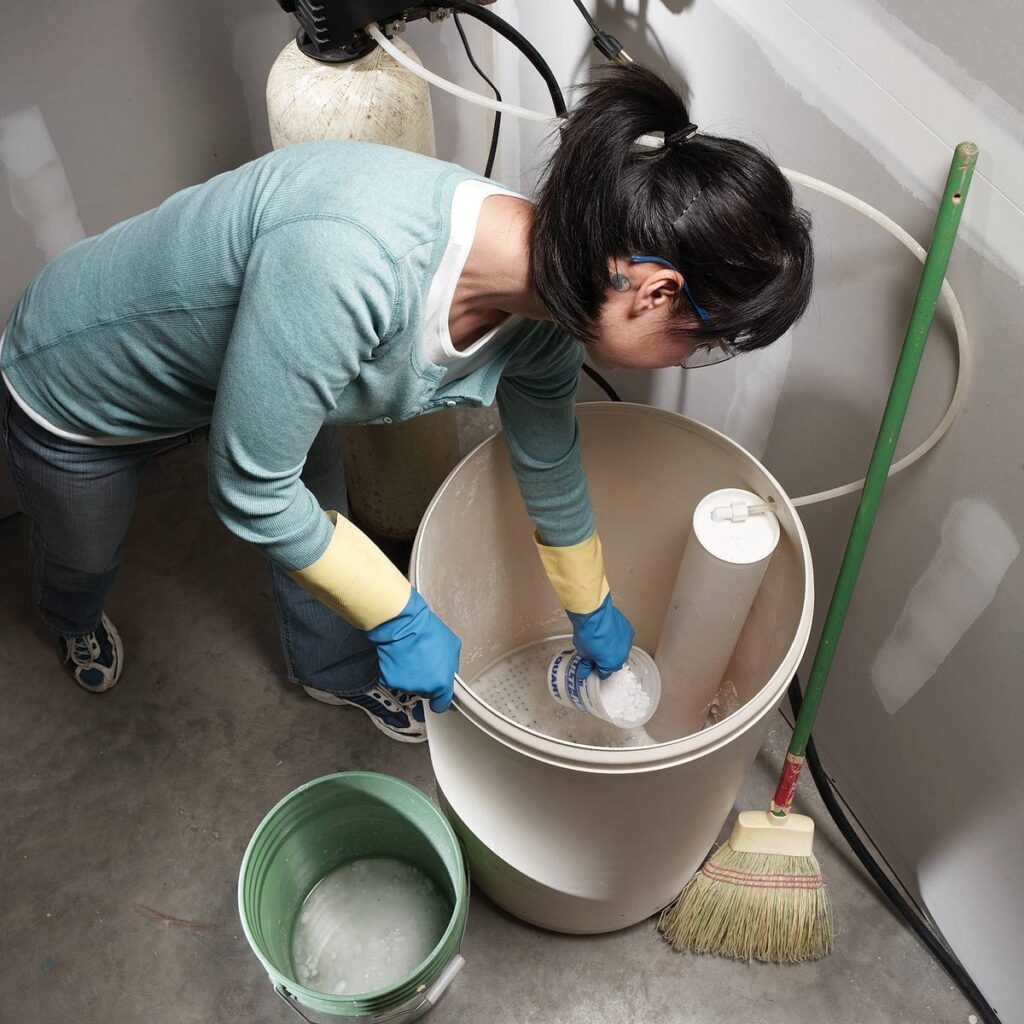
Consider adding one to your home, just check out the designs of your home first. This will better help you place the unit and get you ready for an installation.
It should be clear by now that water softeners are for areas with hard water. And you’ll know if you have hard water at home when you see signs like:
stains on pipes, countertops, and other surfaces
hard or stained clothes after a wash
hard hair after a shower
low water pressure
Bottomline- is Life Better With Water Softeners?
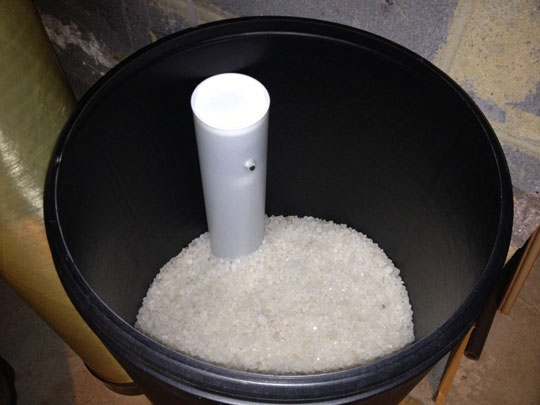
We’ve seen that water softeners definitely have beneficial effects. There are advantages to having one in your home. But there are disadvantages as well. And you’ll find groups who are against the salt-based water softeners.
Knowing that there are alternatives gives you options. So, evaluate your need for one. And if the benefits outweigh the cost and the negatives, then choose the best means of softening water in your home. Whether it is traditional water softening, efficient ion-exchange softeners that regenerate on demand, or water conditioners that are salt-free; you decide.

